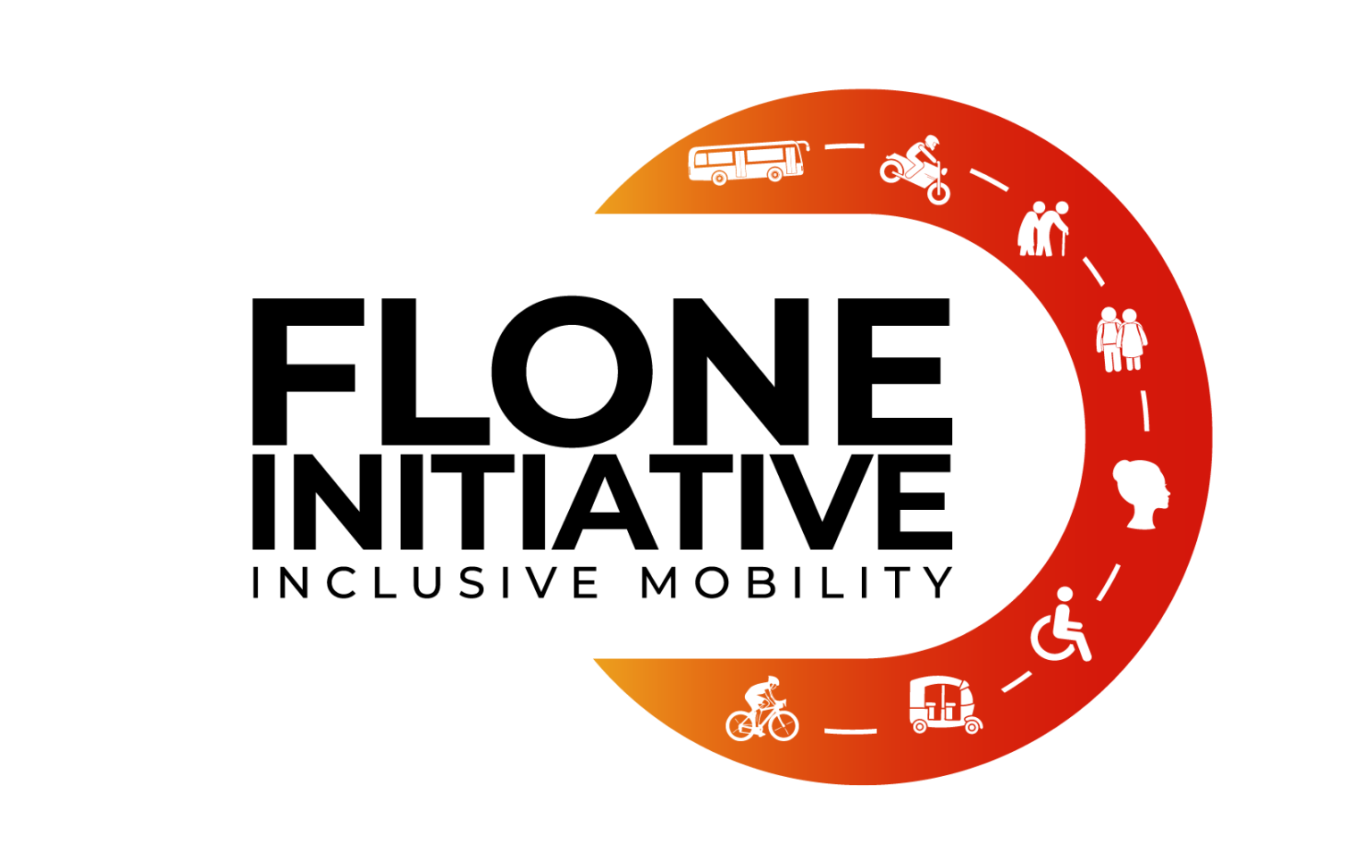Flone Initiative has been on a mission to disseminate knowledge on sexual and gender-based violence (SGBV) across our Women in Transport chapters in Nairobi and Nakuru. These trainings adopted participatory training, which relied on active learner involvement. It also leveraged facilitated discussions and debates, where participants were encouraged to share their ideas, experiences, and perspectives.
Women in transport professions, particularly in the Kenyan market, face notable challenges in the line of duty, the most pervasive being sexual and gender-based violence (SGBV). Sexual and gender-based violence comprises any prejudice, aggression, or harmful act meted out to an individual based solely on their gender. A study conducted by the Kenya National Bureau of Statistics (KNBS 2022) revealed that up to 45% of women in Kenya have reported encountering some type of sexual and gender-based violence in their lifetime.
Similarly, a study conducted by FLONE Initiative (2024) in Makueni County showed that women commuters who had an understanding of sexual harassment reported having experienced sexual harassment incidents in the evening (36.8%), in the afternoon, and in the morning.
Such alarming statistics call for an urgent intervention to dissipate the risks of violence that women are particularly susceptible to. Part of our commitment to addressing this issue includes convening an SGBV workshop with Women in Transport . From the onset, discussions in the room revealed a stark and damning reality: 75% of women have experienced SGBV in one form or another. Despite the normalization of this violence in many communities, our engagements confirmed what we already suspected: the issue is deeply entrenched, yet poorly understood.
A recurring theme was the lack of clarity around the causes of SGBV. Some participants still held on to the belief that survivors in one way or another inadvertently invited and contributed to their assault, citing factors such as the survivor’s choice of dress. This myth, was directly addressed through open and honest dialogue.
Equally concerning was the lack of confidence in the legal system, with many participants expressing the belief that justice mechanisms are skewed in favour of perpetrators and intended to disarm the survivors, adding yet another layer of trauma to already difficult journeys. For these reasons, many cases of SGBV go unreported.
From our assessment, it is evident that widespread awareness gaps exist about referral pathways and available support services. Survivors often do not seek legal redress due to factors such as limited knowledge of legal and medical options, familial relations, and hence opting for out-of-court settlements, and finally, the fear of retaliation, especially when the perpetrator holds a position of power, such as a workplace supervisor.
From our dialogue, another development that emerged was the place of parenting in addressing SGBV and the significance of open and age-appropriate discussions revolving around sexuality and consent. Participants came to a consensus that there was a need to improve parenting and communication with children, acknowledging that such harmful norms are perpetuated right from a child’s formative years well into their adulthood.
As we concluded the training sessions, it became clear from participant testimonies that SGBV, despite years of advocacy and legislative reform, remains a misunderstood topic. The experience underscored an urgent need for multi-sectoral approaches that include government, civil society, education systems, and community leaders working collaboratively, especially in the wake of rising femicide cases in Kenya. This engagement also reaffirmed our commitment to continued action.
Whether economically disadvantaged communities are disproportionately vulnerable to SGBV is a larger conversation, one we must return to with urgency and collaboration.
We invite you to partner with us in effecting this change in the public transport sector.
